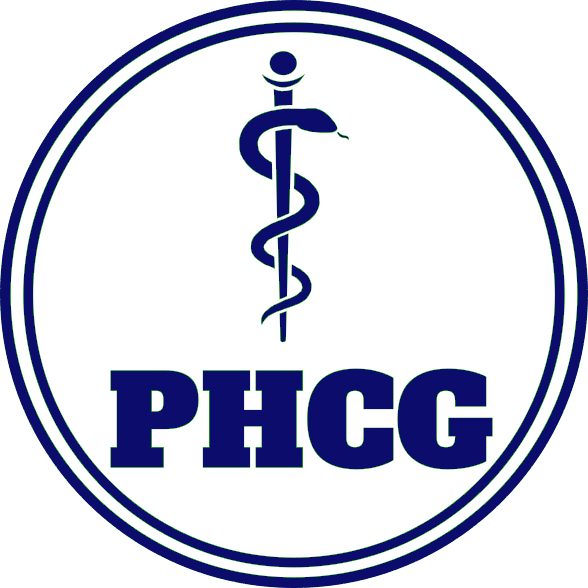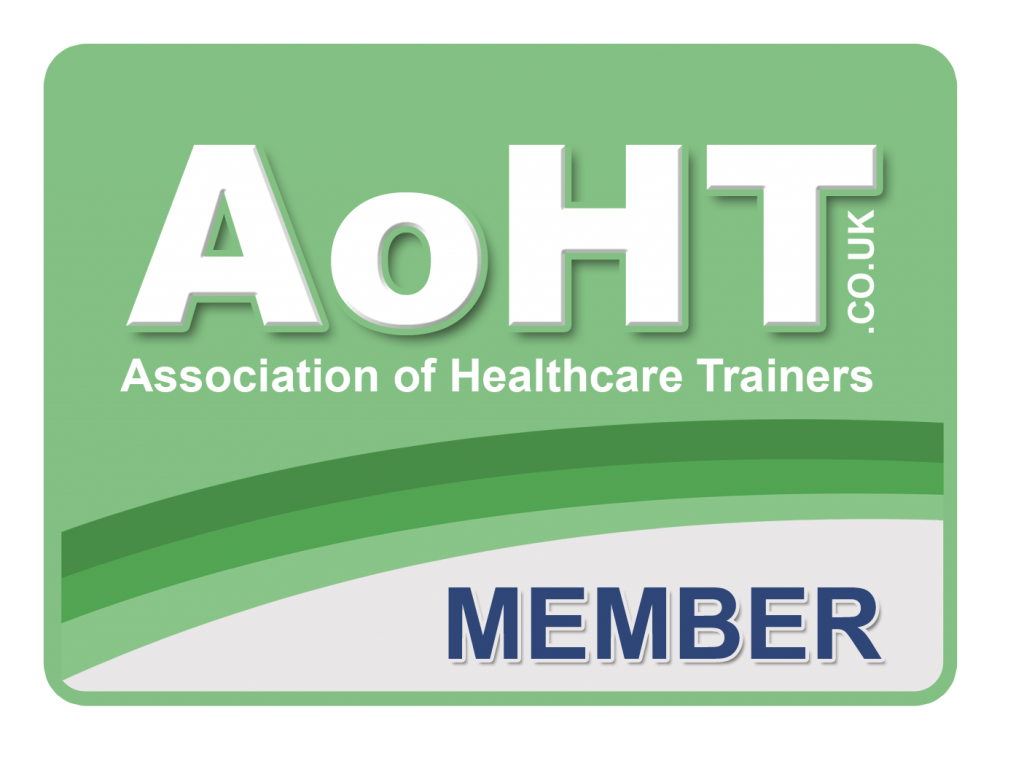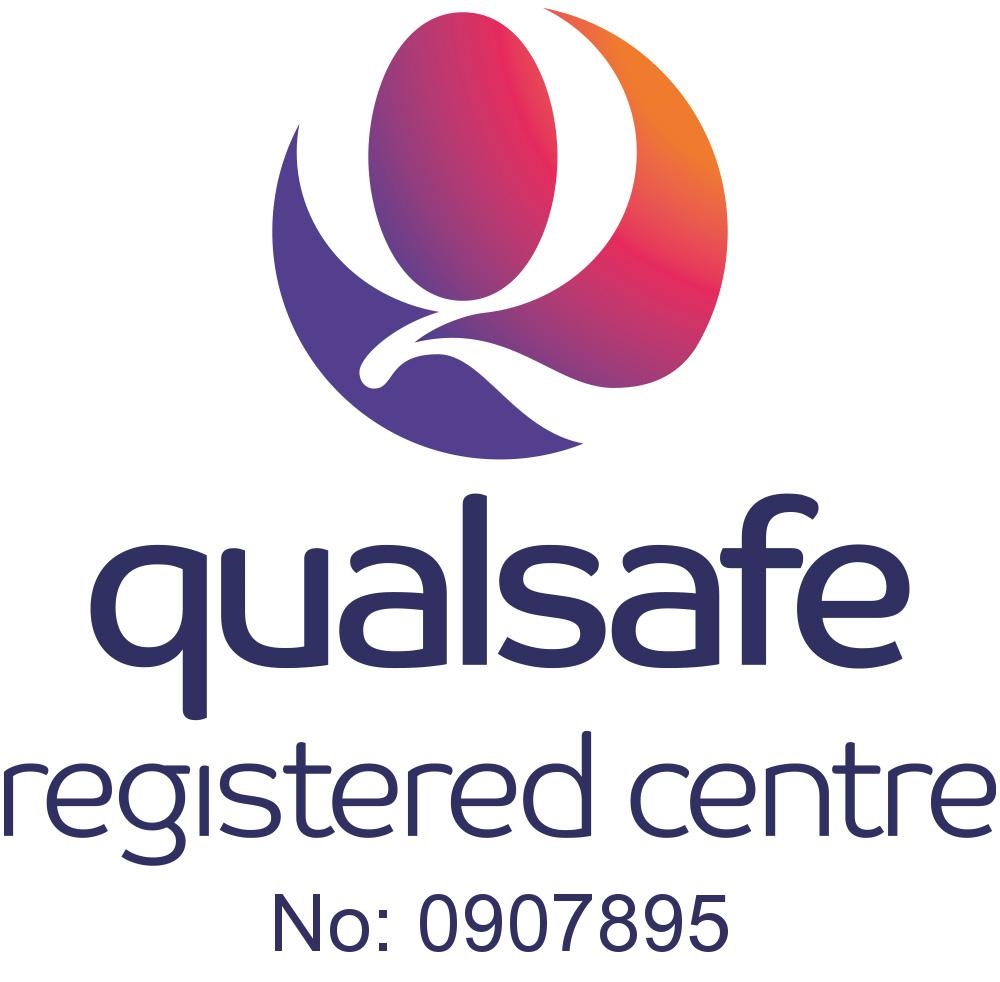
The PHEM Skills Framework was developed by the The Faculty of Pre-Hospital Care of the Royal College of Surgeons of Edinburgh. The framework was developed to cover staff working in UK prehospital care at all grades from First Aider to Advanced Pre-Hospital Medical Practitioners and across different organisations.
The PHEM skills framework is used by voluntary aid societies, private medical providers, NHS trusts and other non-medical organisations who provide prehospital care such as the Police, Coastguard, Fire Service and Military.
The PHEM Skills Framework alongside recognised qualifications, is also used by other groups such as the Health Practice Associates Council (HPAC) to decide levels of registration.
It is often the case that job and grade titles can vary wildly between organisations, even when the members of staff provide the same or very similar levels of medical care. The PHEM Skills Framework allows an objective comparison and understanding between orgaisations as to the level of skills, qualifications and training an individual responder will have achieved.
To be recognized at any level the practitioner must have all of the skills at that level within the PHEM Skills Framework. Practitioners may have additional skills from higher levels but this does not mean that they are operating at that level. The examples given relate to public service roles and can be used to benchmark other medical threat and training requirements.
PHEM Skills Framework Grade Descriptions
| PHEM Grade | Description |
|---|---|
| A | First Aider (management of an unconscious, bleeding or arrested patient). Certificated by a non-national organization. |
| B | First Level responder, nationally certified and qualified to meet statutory requirements within the work place eg EFAW, FAW. |
| Levels C to H will be operating within a framework of clinical governance and CPD | |
| C | Nationally certificated pre-hospital responder (use of airway adjuncts & oxygen) eg Community First Responder |
| D | Nationally certificated non health care professional pre-hospital provider caring for patients as a secondary role eg Police Officers in Specialist Roles, Fire Service IEC, equivalent UKSAR trained personnel, Enhanced Community First Responder |
| E | Nationally certificated non health care professional pre-hospital provider caring for patients as a primary role eg UKSAR, some military personnel and specialist certificated police officers and firefighters. |
| F | Non-registered health care professional eg Ambulance Technician, CMT1. |
| G | Registered pre hospital care practitioner |
| H | Advanced registered pre hospital care practitioner |
How do I Gain a PHEM Grade?
There are a number of different routes to achieve the required standards for each PHEM Skills Framework grade. The following qualifications will allow you to meet the requirements of non-healthcare professional grades.
Grade B
Grade D
Grade E
Grade F
The Faculty of Pre-Hospital Care
The Faculty aims to promote high standards of pre-hospital care through education, research and teaching.
The Faculty of Pre-Hospital Care Mission Statement
Pre-hospital care is a well-established branch of medicine, now practised by a broad range of practitioners from first aiders, paramedics, doctors, nurses, first responders, voluntary aid workers and remote medics including multi agency teams such as police, fire and armed forces.
As the face of pre-hospital emergency medicine changes, the Faculty of Pre-hospital Care's aim is to set and maintain clinical standards for all practitioners in this evolving specialty. The Faculty of Pre-Hospital Care is part of the Royal College of Surgeons of Edinburgh.
Grades A, B & C can join the Faculty of Pre-Hospital Care as Provider level members.
Grades D, E & F can join the Faculty of Pre-Hospital Care as Advanced Provider level members.






